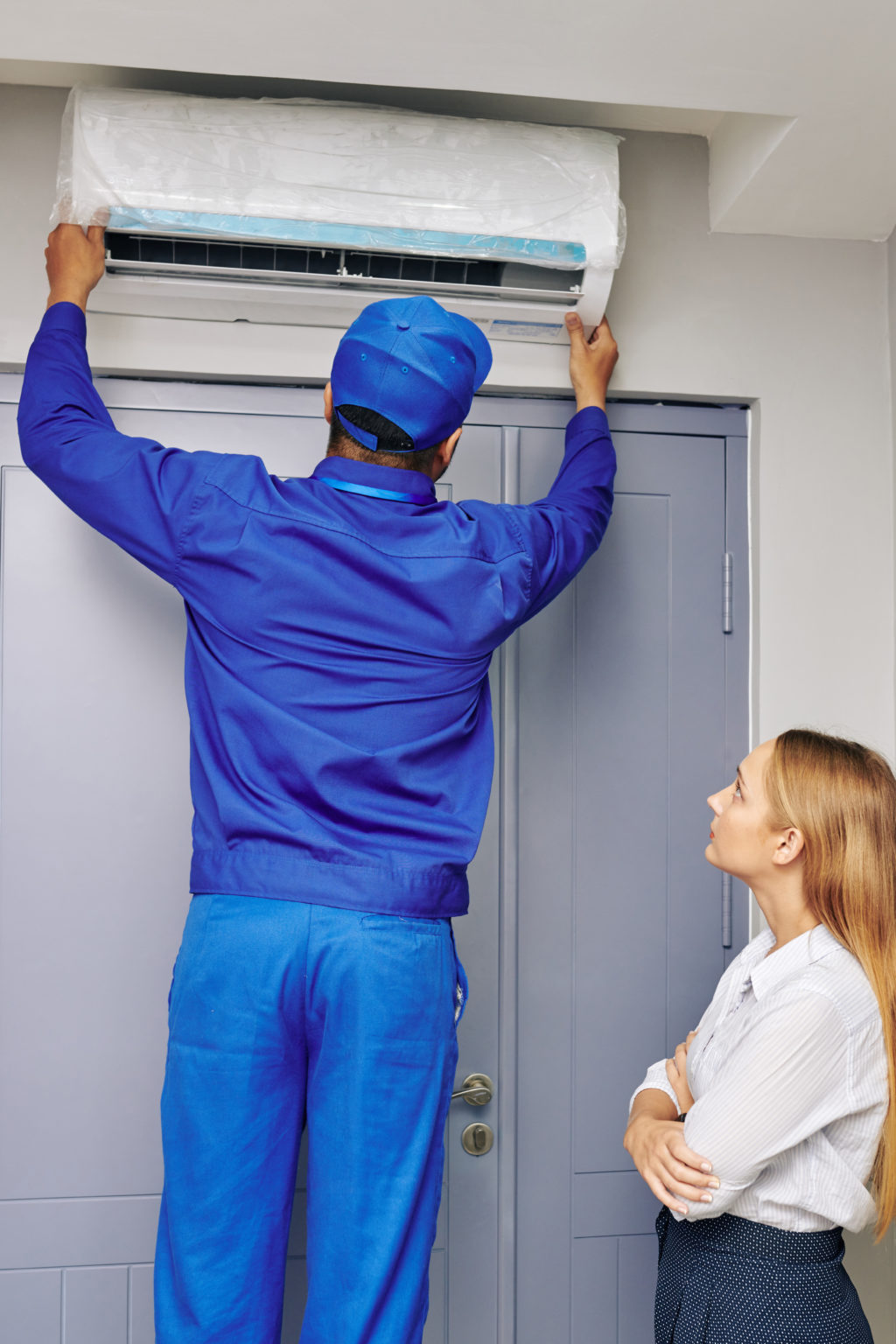As seasonal shifts occur, the demands on the demands on your heating, ventilation, and air conditioning system commonly known as heating and cooling systems. Grasping the ins and outs of your HVAC system maintaining maintaining comfort in your residence throughout the year. Whether you are bracing for the chill of winter and the夏季的酷热, taking the time in your HVAC system can help avoid expensive failures, improve energy savings, and enhance indoor air quality.
This article provides key guides for periodic HVAC care to ensure your system runs smoothly throughout the year. Covering the most common HVAC problems to smart tips for lowering energy bills, we will walk you through all the necessary information. Whether you are new to this or have some background in HVAC systems, our comprehensive tips will help you enjoy a comfortable living space that promotes health.
Understanding Heating, Ventilation, and Air Conditioning Technologies
Heating, ventilation, and air conditioning, which represents heating, ventilation, and air conditioning, is a vital system in modern homes and buildings that provides comfort through temperature regulation and air quality control. At its foundation, HVAC systems execute three essential functions: heating, cooling, and ventilation. By controlling the indoor climate, they help create a pleasant living environment regardless of external weather conditions. A variety of systems combine these functions into a consolidated unit, whereas others might involve separate components for each function.
The heating component typically uses boilers or thermal pumps to elevate the temperature of the indoor air during chilly months. Furnaces function by generating heat through burning fuels, while heat pumps move heat from outside to the indoor space. In contrast, the cooling aspect primarily relies on air conditioning units that eliminate heat from the indoor air, using chilling agents to cool and dehumidify the space efficiently. These systems work in conjunction with ventilation systems or fans to circulate warmed or cooled air throughout the house.
The ventilation process, the third important function of HVAC systems, entails the exchange of indoor air with fresh outdoor air. This process is crucial for maintaining indoor air quality and removing pollutants, allergens, and moisture that can build up over time. Various forms of ventilation exist, including passive ventilation, active ventilation, and balanced ventilation. Together, these components and functions work to create a healthy and pleasant indoor environment ideal for all occupants.
Heating, Ventilation, and Air Conditioning Care and Efficiency

Regular upkeep of your HVAC system is crucial for guaranteeing peak performance and efficiency. A thoroughly checked system operates more effectively, which can lead to decreased energy bills and enhanced comfort levels in your home. Essential care tasks include changing air filters frequently, checking for any leaks in ductwork, and confirming that the outdoor unit is clear of debris. Organizing yearly professional inspections can also help identify potential issues before they become significant problems.
Another important aspect of HVAC efficiency is effective thermostat management. Configuring your thermostat properly for each season can make a substantial difference in energy consumption. For the winter season, think about lowering your thermostat a bit of degrees when you are away or asleep. In the warm season, increasing the temperature a bit when you are not home can diminish cooling costs. Additionally, utilizing programmable thermostats can enhance your HVAC system's performance by automatically adjusting settings based on your habits, further enhancing efficiency.
Interior air quality is interconnected with HVAC efficiency. Consistent maintenance practices can prevent dust, mold, and allergens from circulating in your home, which can compromise air quality and raise the workload on your HVAC system. Selecting the right air filters and ensuring sufficient ventilation are crucial for maintaining a safe environment. This not only supports your HVAC system’s efficiency but also promotes a more pleasant and better living space.
Seasonal HVAC Preparation
Preparing your HVAC system for the transitioning seasons is crucial to ensure optimal performance and efficiency. For the chilly months, it’s vital to check the warmth components, including the heater and thermostat. Make https://grimes-patrick-3.blogbright.net/a-history-of-hvac-development-throughout-the-years to replace air filters to enhance airflow and maintain indoor air quality. Reviewing ductwork for holes and sealing any gaps can avoid heat loss, helping to keep your home warm without straining your system.
As the hot season approaches, it's essential to prepare your refrigeration system for the increased temperatures. Commence by cleaning the outdoor unit of your air conditioner, clearing debris and foliage that could block airflow. Check the refrigerant levels, and confirm that all connections are firm. Configuring the thermostat to a raised temperature while you're away can also assist lower energy bills, allowing your HVAC system to run more efficiently.
In both seasons, arranging a professional tune-up can provide further peace of mind. Technicians can identify and fix potential issues before they transform into significant problems, thus extending the life of your HVAC system. Regular maintenance is crucial to promoting efficiency in energy use, enhancing indoor comfort, and avoiding costly repairs later on. By following these seasonal preparations, you make certain that your home remains pleasant throughout the year.
